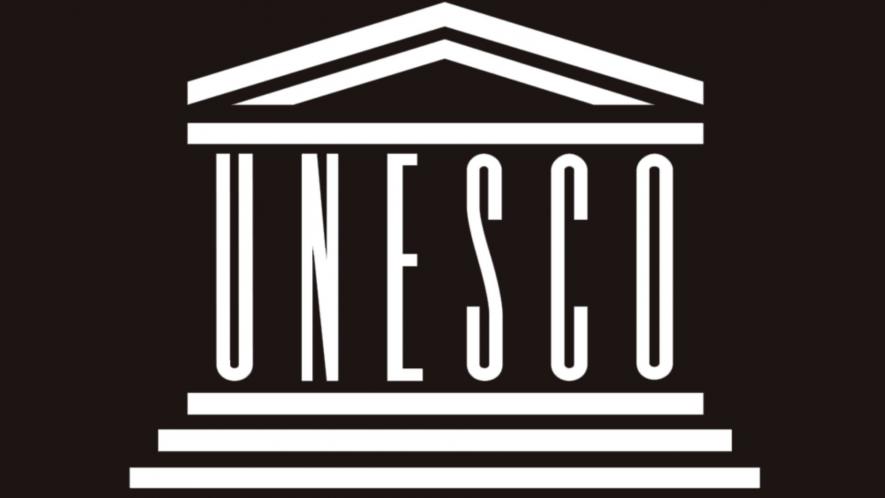US Decides to Rejoin UNESCO to Counter China’s Influence

Image Courtesy: Wikimedia Commons
Paris: UN cultural and scientific agency UNESCO announced on Monday that the United States plans to rejoin — and pay more than $600 million in back dues — after a decade-long dispute sparked by the organisation's move to include Palestine as a member.
US officials say the decision to return was motivated by concern that China is filling the gap left by the US in UNESCO policymaking, notably in setting standards for artificial intelligence and technology education around the world.
The US and Israel stopped funding UNESCO after it voted to include Palestine as a member state in 2011, and the Trump administration decided in 2017 to withdraw from the agency altogether the following year, citing long-running anti-Israel bias and management problems.
US Deputy Secretary of State for Management and Resources Richard Verma submitted a letter last week to UNESCO Director General Audrey Azoulay formalizing the plan to rejoin.
Verma noted progress in depoliticising debate about West Asia at UNESCO and reforming the agency's management, according to the hand-delivered letter, obtained by AP.
Applause rang out in the solemn UNESCO auditorium as Azoulay announced the plan to ambassadors at a special meeting on Monday.
The return of the US, once the agency's biggest funder, is expected to face a vote by its 193 member states next month, according to a UNESCO diplomat.
The decision is a big financial boost to the United Nations Educational, Scientific and Cultural Organisation, known for its World Heritage programme as well as projects to fight climate change and teach girls to read.
China's ambassador to UNESCO, Jin Yang, said his country “appreciates” UNESCO's efforts to bring the US back, saying its absence had a “negative impact” on the agency's work.
“Being a member of an international organisation is a serious issue, and we hope that the return of the US this time means it acknowledges the mission and the goals of the organization,” the ambassador said.
Azoulay — who is Jewish — won broad praise by UNESCO ambassadors for her personal efforts to address US concerns around Israel in particular.
The US decision to come back “is the result of five years of work, during which we calmed tensions, notably on the Middle East, improved our response to contemporary challenges, resumed major initiatives on the ground and modernized the functioning of the organization,” Azoulay told The Associated Press.
Under the plan, the US government would pay its 2023 dues plus $10 million in bonus contributions this year earmarked for Holocaust education, preserving cultural heritage in Ukraine, journalist safety, and science and technology education in Africa, Verma's letter says.
The Biden administration has already requested $150 million for the 2024 budget to go toward UNESCO dues and arrears. The plan foresees similar requests for the ensuing years until the full debt of $619 million is paid off.
That makes up a big chunk of UNESCO's $534 million annual operating budget. Before leaving, the US contributed 22% of the agency's overall funding.
A diplomat said that the agency would also “welcome” Israel back if it wanted to rejoin. There was no immediate response from the Israeli government.
The United States previously pulled out of UNESCO under the Reagan administration in 1984 because it viewed the agency as mismanaged, corrupt and used to advance Soviet interests. It rejoined in 2003.
Get the latest reports & analysis with people's perspective on Protests, movements & deep analytical videos, discussions of the current affairs in your Telegram app. Subscribe to NewsClick's Telegram channel & get Real-Time updates on stories, as they get published on our website.
























